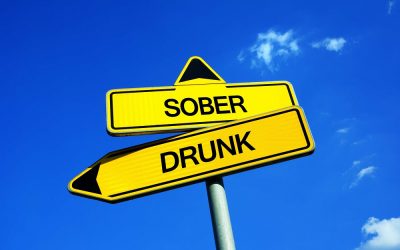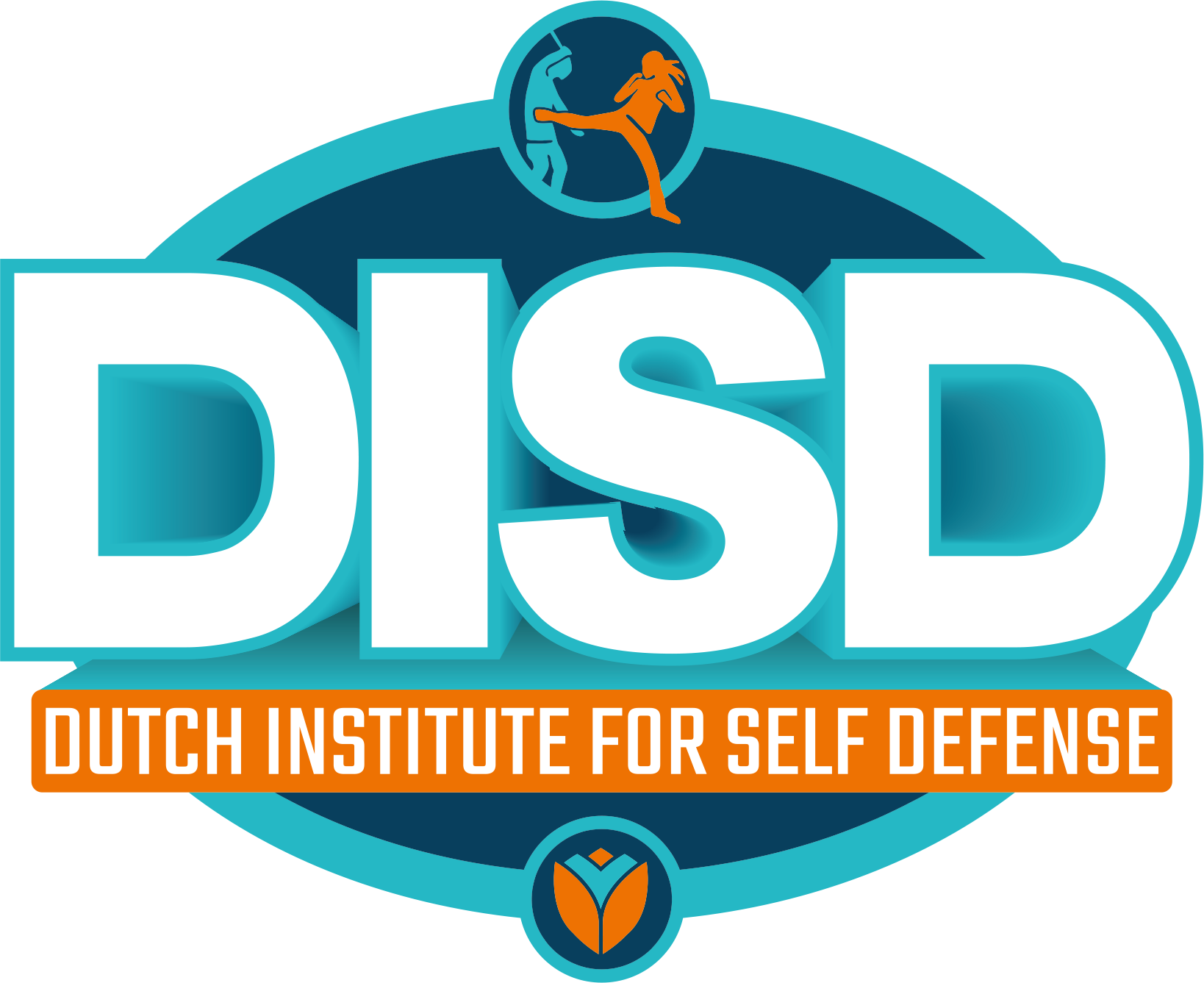Content
- How Common Is Chronic Loneliness?
- Staying Socially Engaged When You Really Don’t Feel Like It
- Things You Shouldn’t Say to Someone With Depression
- Identify Why You Feel Lonely
- What Are the Most Common Root Causes of Addiction?
- Mental Health, Recovery, Sobriety
- The Pros and Cons of Caffeine in Addiction Recovery
It is a state of mind that causes someone to feel rejected, unloved, excluded, ignored, and invalidated. Research has found that loneliness is just as dangerous as smoking a pack and a half of cigarettes a day. Those who experience this feeling regularly are 50% more likely to die prematurely How to Cope with Loneliness During Addiction Recovery than those who don’t. Stress is also harder to bear when you’re lonely and don’t have a support system to help you deal with everyday life. Even things like a single overdue bill or catching the flu could make you more at risk for suicide or other negative side effects.

You can also consider adopting a cat or a dog, provided you feel ready for the responsibility. https://ecosoberhouse.com/ Pets are wonderful company, and they’re also proven depression-fighters.
How Common Is Chronic Loneliness?
It is common to be removed from previous social circles and activities when people get sober. Their drinking buddies may no longer be interested in spending time with a friend who cannot get buzzed with them. Not only can this be hurtful, but it can contribute to loneliness. As we mentioned, being alone is different from feeling lonely, and being alone can be beneficial. Everyone hits a point in their day or week when they are not around people, so it is important to know how to not only cope with those moments but to take advantage of them. Make it a priority to explore new sober social experiences where you mix with others who are also committed to sobriety. Look for some local meetup groups, gyms, and clubs that identify as “sober” or “in the program” and you are sure to make some new connections.

Depression, on the other hand, is a mental health disorder characterized by feelings of sadness, hopeless or dejection. There seems to be a connection between loneliness and depression, where a lonely state of mind can be a symptom of a deep, underlying depression. Many of these physical and psychological impairments are also risk factors for substance abuse.
Staying Socially Engaged When You Really Don’t Feel Like It
The inciting permutation of factors that make people susceptible to addiction varied from person to person. In a treatment program or sober residence, you’ll almost always be surrounded by other people at various stages in their recovery.
What are the 4 pillars of addiction?
According to the Substance Abuse and Mental Health Services Administration, or SAMHSA, these four pillars are health, home, purpose and community.
